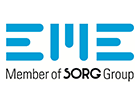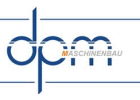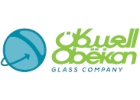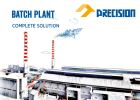Steklarna Hrastnik is cancelling its table glassware programme this September and focusing all of its production capacities onto glass packaging.
The Slovenian glassmaker decided to expand capacities on the latter programme due to increased demand from the market for glass packaging because of its quality of glass.
The crisis, triggered by the global spread of coronavirus from March onwards, has affected the at the time still operating table glassware programme the most.
For this reason certain manufacturing machines of this programme were stopped.
It has been forced to reduce the number of employees at the table glassware programme by 60 until September of this year, of the total of 700 employees.
The layoff is being conducted in a soft manner, mostly through retirements and financing of early retirement for all those who are a few years shy of retirement.
The rest of the employees from the table glassware programme will be re-employed in the packaging programme.
The employees who remain will not have their salaries decreased, since the team has ambitious goals to reach, also connected to the investments into production.
Namely, the investments within the packaging programme, albeit of slightly limited scope, are continuing on.
This year's investment into the new G furnace and the new IS production machines amounts to €18.5 million euros.
The plan is to start with investments in the beginning of September and finish in November of this year.
The new furnace with 120 tonnes/day capacity will be ready also for implementation of the new innovative technology, which is to be developed by Steklarna Hrastnik together with its partners.
The new technology enables the possibility of joint usage of hydrogen as a fuel for the furnace.
By transferring the new technology to the industrial level, Steklarna Hrastnik will reduce the CO2 footprint by 15%.
At the end of this year's investment Steklarna Hrastnik will have two furnaces for production of glass packaging on two different locations in Hrastnik.
Next year it plans further investments into automation, digitalisation and robotisation of manufacture, which will additionally elevate the quality of its end products.

























